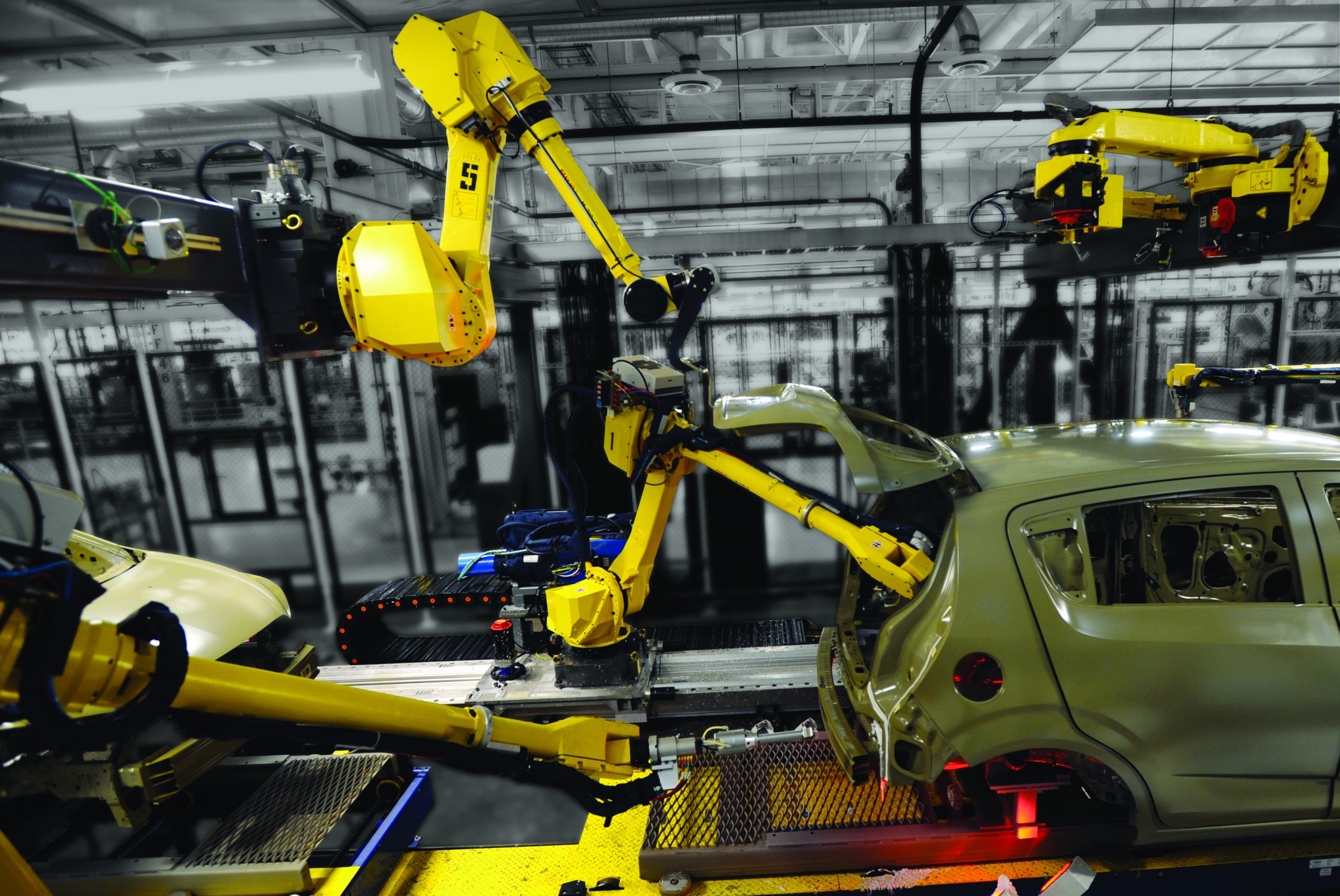Computer Numerical Control machining (CNC machining) has revolutionized manufacturing and engineering over the past few decades. Through the integration of digital technology with traditional manufacturing techniques, CNC machining has emerged as the most popular method of manufacturing high-precision components and parts in a variety of industries. This article focuses on the mechanics, advantages and numerous applications of CNC machining, highlighting its transformative impact on the modern engineering.

The mechanisms of CNC Machining
CNC machine is a subtractive process of manufacturing that removes the material from a block or workpiece, to create the desired shape. The process is based on computers pre-programmed to control the movements of machines. The code that is generated by CNC machines depends on the kind of CNC machine as well as the complexity of part to be produced. The basic principle remains the same, however: High-speed cutters precisely sculpt material to create the finished product.
The precision of CNC machining is one of its greatest advantages. The digital nature of the process allows for incredibly accurate and reliable production, minimizing human error while making sure that batches are uniform across. This level precision is vital in industries that can be affected by even the smallest deviations, such as automotive manufacturing, aerospace, or medical devices.
Digital Computers and their role in CNC Machine Operations
CNC machining is an extremely precise and efficient method that is based on digital technology. Specialized software automates all manufacturing processes. This software converts computer aided design (CAD), models into a sequence of precise directions, which is later executed by CNC machines to create components. These instructions determine everything from direction and speed to the depth and angle of every cut.
In industrial facilities with large scales where computers are used, they are usually directly connected to CNC machines. This integration allows for continuous control and communications. This integration permits constant monitoring and adjustments in real time to guarantee optimal performance and minimize the amount of downtime. Automating CNC machining permits the continuous operation. This improves productivity and reduces lead times.
CNC Machining and Its Benefits
CNC machining has many advantages over other methods of manufacturing. One of the biggest advantages is the capability to create complex and intricate components with high precision. CNC precision reduces the need for manual adjustments and rework. This reduces waste and improves efficiency. CNC machines can also be used in a continuous manner and are perfect for production runs that are large.
CNC Machining also has another advantage: its flexibility. The same machine can be used to make a range of components by simply changing the program. CNC machining has a high degree of adaptability and is therefore perfect for prototyping. It can also be employed for large-scale production.
The automation in CNC machining can also be a security improvement at the workplace. The risk of injury and accidents is reduced by reducing the manual intervention. CNC-machined parts are also more reliable and perform better, increasing customer satisfaction.
CNC Machining Services: Benefits for Industries
In many industries, CNC machining has proven to be extremely efficient flexible, precise, and accurate. CNC machines are utilized in the aerospace industry to produce critical components which must meet strict safety and performance standards. The medical device industry relies on CNC machining for the production of complex surgical instruments and implants, where accuracy is essential.
CNC machining in the automobile industry is utilized to create engine parts, transmission components as well as intricate components both for exterior and interior. Similar to this, the electronics sector benefits from the CNC’s capability to create small, detailed components for consumer electronics, communications devices, as well as other electronic products. The art and jewelry industries too make use of CNC technology to create custom pieces and intricate designs.
The Future of CNC Machining
CNC machining capabilities will continue to expand as technology advances. Innovative technologies such as additive manufacturing integration and multi-axis CNC machining are pushing the boundaries of what is feasible. Artificial intelligence and machine learning will also help improve CNC machining.
CNC machineries, with their unparalleled precision, efficiency, and flexibility, has had an enormous impact on the field of engineering. Its ability of producing intricate parts with high-precision is a crucial tool for various industries. CNC machineries are expected to play a vital role as technology improves.

